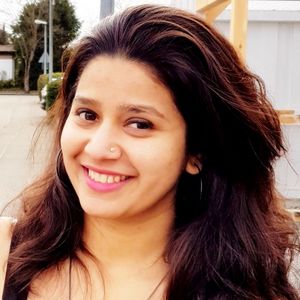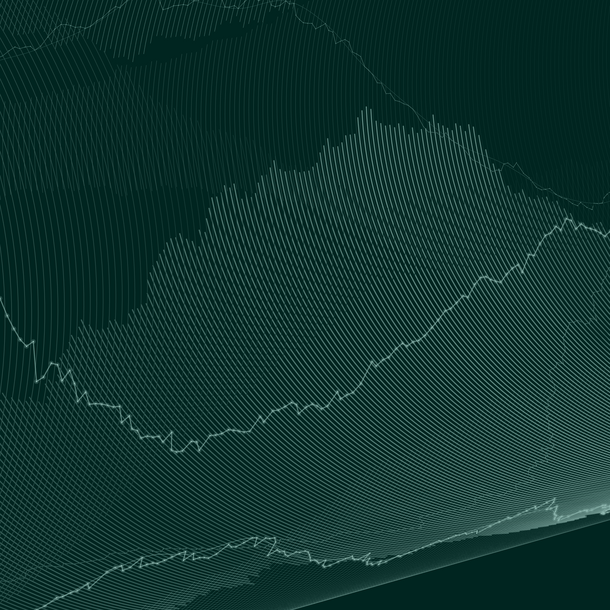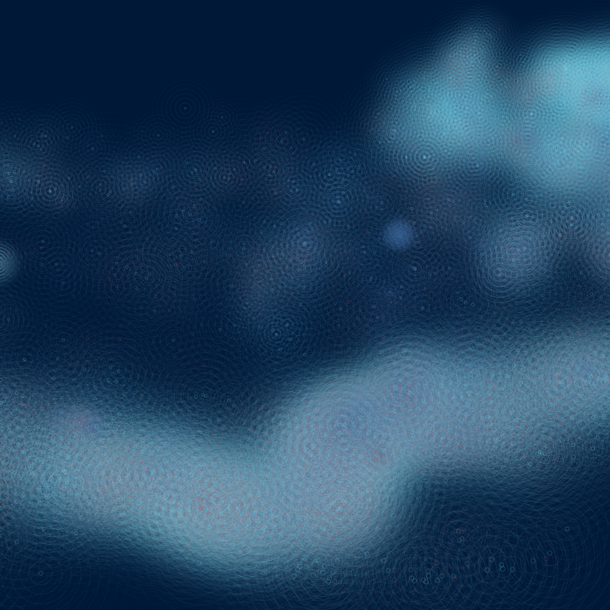Going deep with data science to better understand - and protect - the largest habitat on our planet. The Helmholtz School for Marine Data Science (MarDATA) bundles scientific marine expertise in the far north.
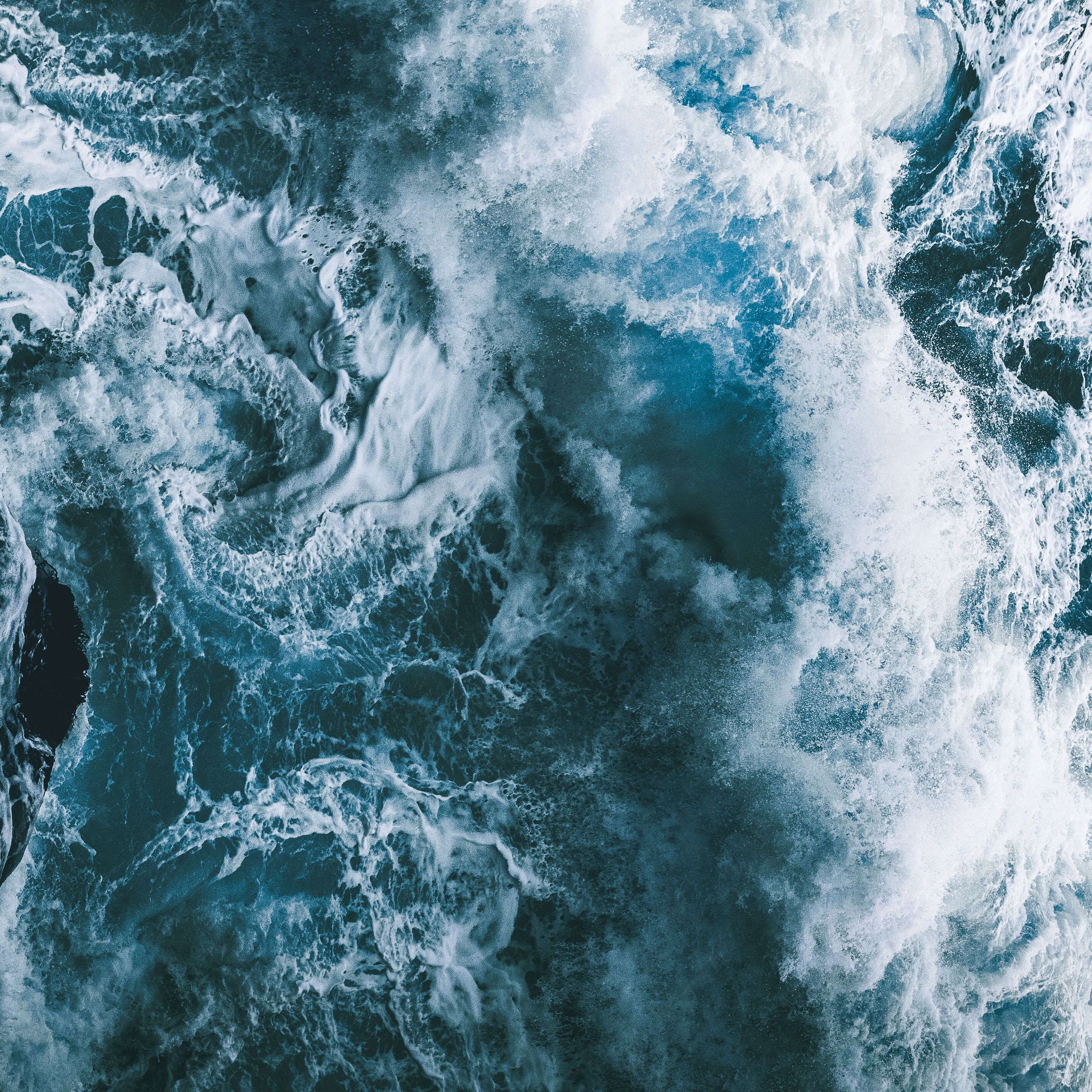
MarDATA in portrait
Research at MarDATA
Our school report Expedition to the World's Northernmost Settlement provides insight into the exciting research questions at MarDATA and paints a picture of the new type of "Marine Scientists" being trained there.
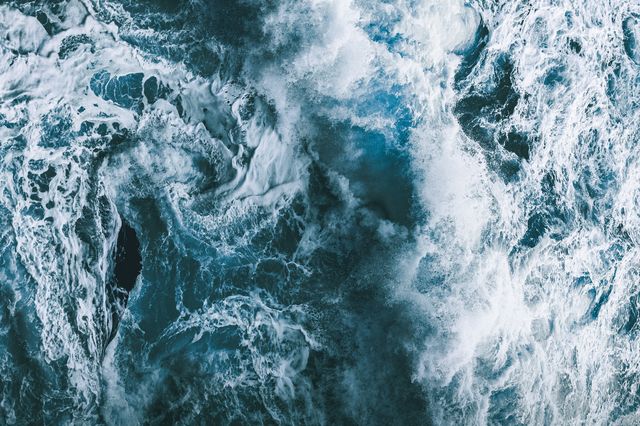
Data Science for the Ocean
MarDATA offers young scientists the unique opportunity to develop data science methods specifically for the study of the ocean. This combination of Data Science and marine science is unique in Germany.
„For a long time now, countless measuring instruments have been in daily use on all oceans, permanently generating data on water temperatures, salinity, nutrient concentrations and much more. Our task at MarDATA is to process these data in a useful way.“
Maria-Theresa Verwega, Doctoral researcher at MarDATA
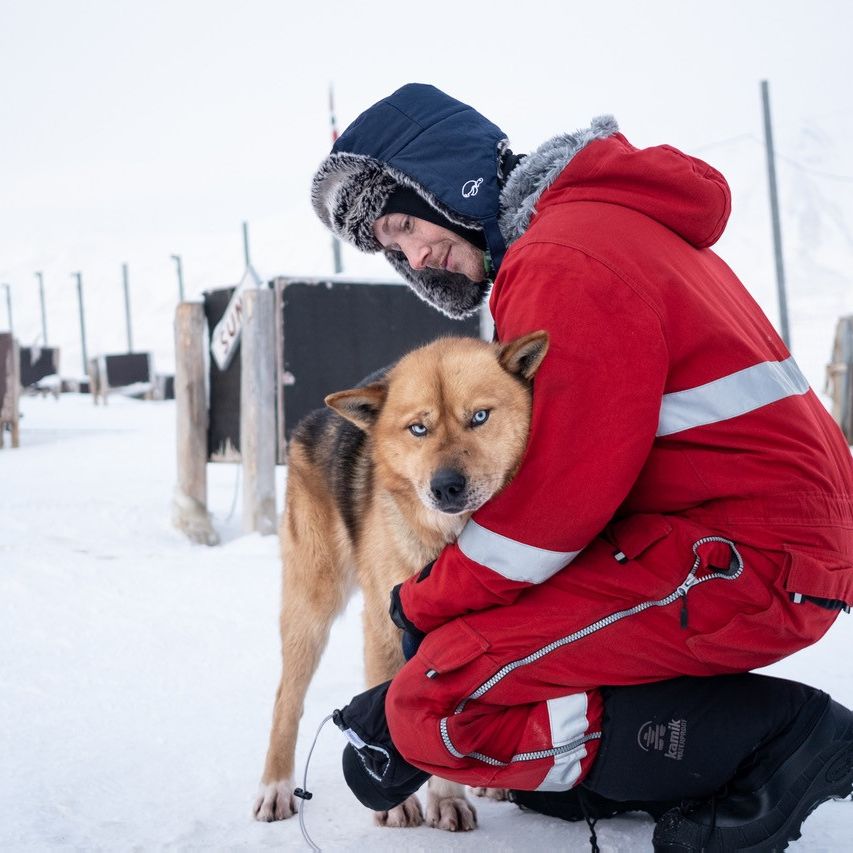
More about the research at MarDATA
Reports about MarDATA
Read more about MarDATA and its doctoral researchers and find out how promising the combination of data science and marine research is for the future!
“Marine sciences can help us understand climate change”
Arne Biastoch is an oceanographer at GEOMAR in Kiel, where his research includes a focus on the role the powerful ocean currents system plays for our planet – and how climate change is impacting this system. Working with complex data and mathematical models is an indispensable part of this research – and a skill Biastoch is sharing with young scientists at the MarDATA Helmholtz Graduate School.
Expedition to the Northernmost Settlement in the World
Can neural networks be used to better understand changes in the ozone layer and thus predict future climate more quickly? To find out, Helge Mohn traveled to the Arctic. Those who do their doctorate at MarDATA, like him, can go on field trips and explore the world of the oceans together with researchers from a wide range of disciplines.
Even small ocean currents can have a significant impact on the climate. Sonal Rami's research at the MarDATA will help to predict these currents more accurately. By using machine learning methods, she is working on making complex ocean models even more precise - to enable more reliable predictions of climate change.
Math for the Marine Environment
Maria-Theresia Verwega is a mathematician with all her heart and she loves the sea. That's why she decided to write her PhD at MarDATA - a new, interdisciplinary research school of the Helmholtz Association where marine data scientists are trained.
Research Areas
The doctoral students conduct research in computer science, computer science or mathematics, each in connection with current issues in marine research.
Curriculum
- Supervision by a tandem of an expert at GEOMAR or AWI with focus on marine research and a supervisor at a partner university, who is in charge of the information and Data Science methods
- Obligatory course for a general introduction to marine science
- Compulsory block courses on methods of Information and Data Sciences: advanced scientific programming, statistics, databases, machine learning, in-depth learning, computer vision and FAIR principles (4 x 3 days)
- Further joint seminars and colloquia over the entire period
- Two one-week summer schools at international locations (e.g. at a research station of GEOMAR or AWI or on board of a research vessel)
- Enrolment in the postgraduate programs ISOS (Kiel) and POLMAR (Bremerhaven) with use of the courses offered there for scientific further education, personal competence training and comprehensive support measures with regard to networking and career development
My goal is to provide machine learning solutions for oceanography and climate modeling. At MarDATA, I get many suggestions and great feedback on my work.
Sonal Rami
is a doctoral researcher at MarDATA. The Indian Ocean scientist researches ocean currents here. Read more about her project
Funding and Duration of the Program
The program extends over three years and offers full funding. The remuneration during the term corresponds to the tariff level E13 of the TVöD.
Application and Further Information
A total of 40 doctoral positions are available, which are advertised and organized in two cohorts (20 at GEOMAR and 20 at AWI). MarDATA locations are Kiel and Bremen/Bremerhaven. The program language is English. The first cohort started in 2019 with 16 PhD students. A second round of applications will take place in 2021/2022.
Are you interested in advancing artificial intelligence and data science for a better exploration of the ocean? Then apply at MarDATA
Contact
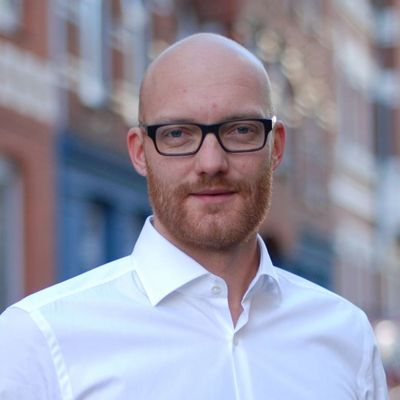
Dr. Enno Prigge
Coordinator
Contact



